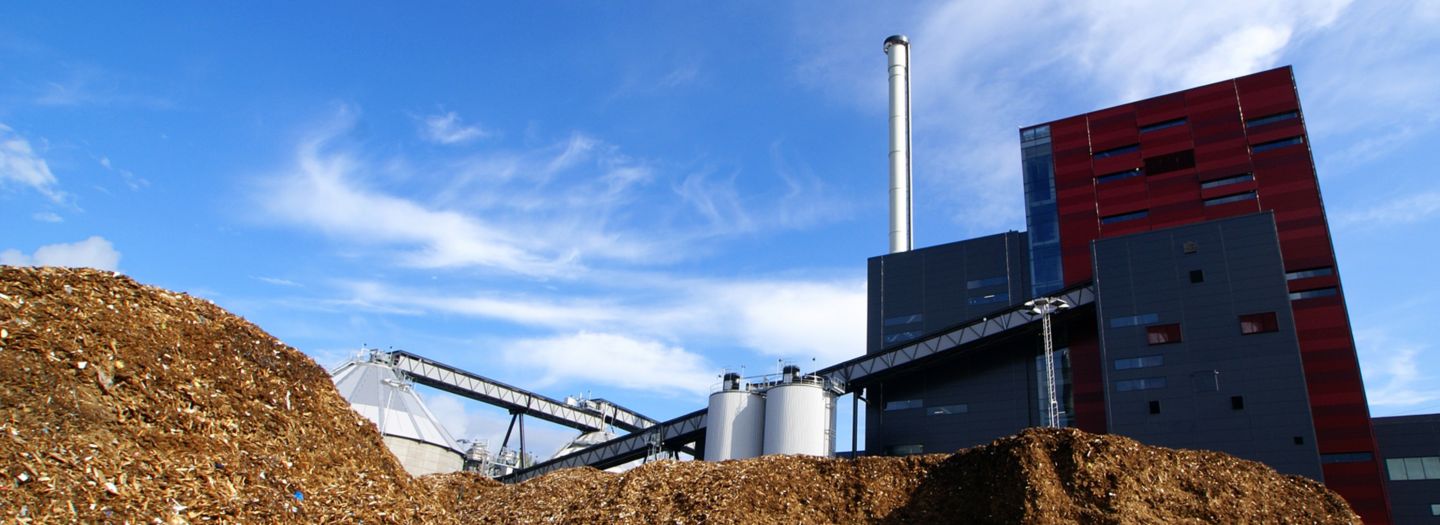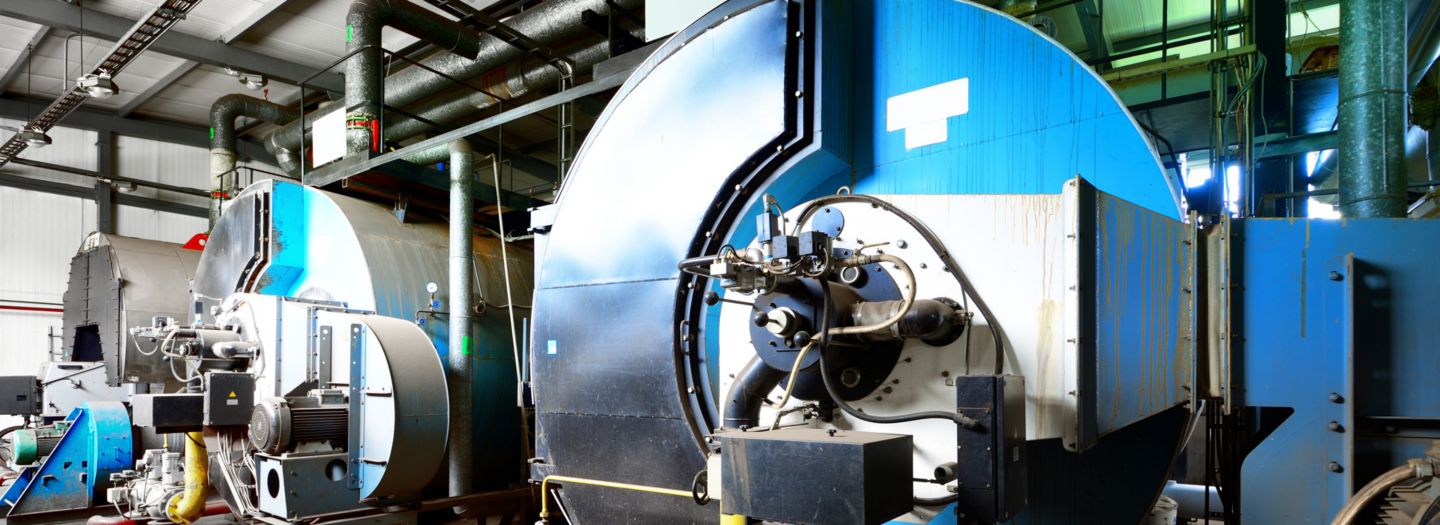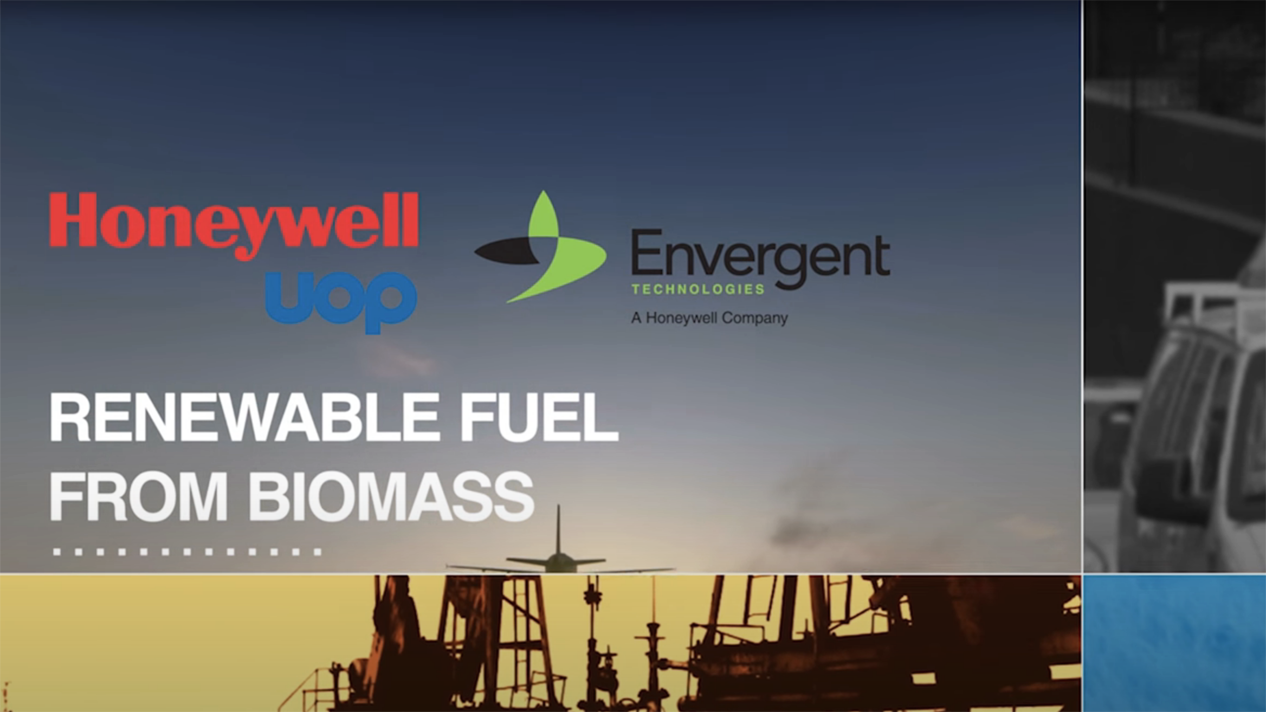Keep up with what’s new.
Connect with us on LinkedIn for news, insights and related topics.
Convert non-food-based feedstocks into renewable fuel for heating, power and transportation

With growing concern on climate change, the search for renewable sources of energy has intensified. Honeywell UOP offers a practical and commercially proven fuel production process to help reduce emissions.
RTP, or rapid thermal processing technology, is a fast thermal conversion process used to convert biomass feedstock, usually forestry or agricultural residuals, into RTP fast pyrolysis oil—a light, pourable, clean-burning liquid biofuel. This fuel provides a cost-effective and lower-carbon alternative for heat, power generation and, with further refining, transportation fuels.

Using established Honeywell UOP hydroprocessing technology, you can further upgrade RTP fast pyrolysis oil to renewable gasoline, diesel and jet fuel that are virtually indistinguishable from their petroleum-based counterparts.
Upgraded RTP fuels are high-quality, drop-in biofuels that can utilize existing refining infrastructure, pipelines, trucks, pumps and even vehicle fleet technology. Switching to RTP fast pyrolysis oil as a feedstock means an expanded fuel supply to satisfy growing fuel demand and reduced greenhouse gas emissions – all at minimal capital expense for refineries or automobile and aircraft builders.

Honeywell UOP burner equipment and fuel delivery systems can use RTP fast pyrolysis oil in lieu of, or in addition to, comparable fossil fuel. To date, more than 15 million gallons of RTP fast pyrolysis oil has been used commercially to produce process heat in industrial burners.
Benefits of using RTP fast pyrolysis oil in burners:
Connect with us on LinkedIn for news, insights and related topics.

Did you know that your internet browser is out of date?
Your browser is out of date, and may not be compatible with our website.
Just click on the icons to download a compatible browser.
By closing this window you acknowledge that your experience on this website may be degraded.
